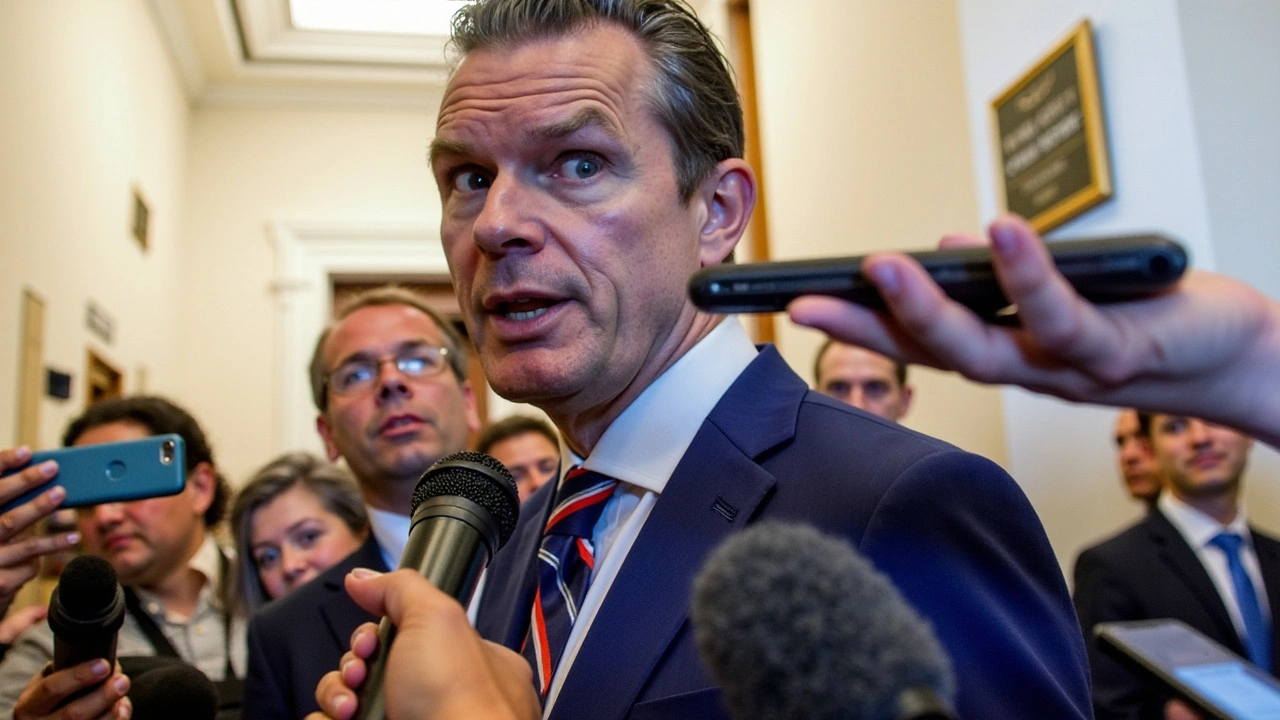Understanding Strategic Priorities in Today's Fast-Moving World
Have you ever wondered what drives the big decisions in politics, business, or sports? Those choices often boil down to strategic priorities—the key goals and plans an organization or leader focuses on to succeed. Whether it's shaping government policies, managing a business, or steering a sports team, knowing these priorities helps you see the bigger picture.
Why Strategic Priorities Matter So Much
Think about a company deciding whether to invest in new technology or expand into new markets. The choice reflects what it sees as its most important goals. The same goes for politicians weighing laws or courts settling on cases—they all have strategic priorities guiding their moves. For readers, understanding these priorities means you're better equipped to make sense of the news beyond just headlines.
Spotlight: Strategic Priorities in Recent Headlines
Take the transfer buzz around Benjamin Sesko choosing Manchester United. This move isn’t random; it fits into the club’s strategic plans to strengthen key positions. Meanwhile, South Africa’s Deputy Chief Justice appointment shows how political and judicial priorities affect governance stability. On a different front, the Economic Freedom Fighters' stance on VAT hikes reveals how budget priorities can impact everyday people.
Sports fans see strategy too: Inter Milan’s moves in the Club World Cup or PSG balancing squad rotation ahead of crucial matches highlight how coaching staff set priorities to win. Even something like the NYSC’s allowance adjustment for corps members reflects a shift in social priorities aimed at better welfare.
Following these stories helps you catch how strategic priorities play out across various areas of life. It’s like understanding the chessboard behind every move, giving you insight into what really matters to decision-makers and why.
Want to stay on top of these shifts? Keep an eye on Cape Sun News for timely updates that connect the dots between strategy and real-world outcomes you care about.
Pete Hegseth's Defense Confirmation Hearing: Key Statements and Implications
Pete Hegseth, the nominee for Secretary of Defense, faced intense scrutiny during his Senate confirmation hearing. He emphasized his commitment to the nation's defense, outlined strategic priorities like countering China, and discussed budgets and force modernization. His testimony was broadcasted live, and the Senate Committee will review his role based on this hearing.

